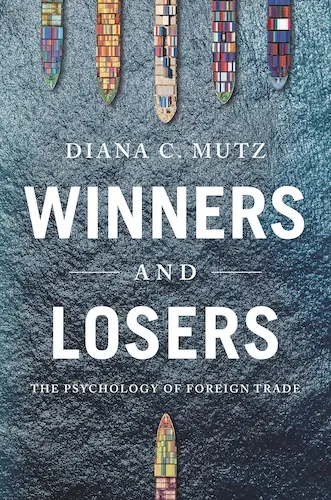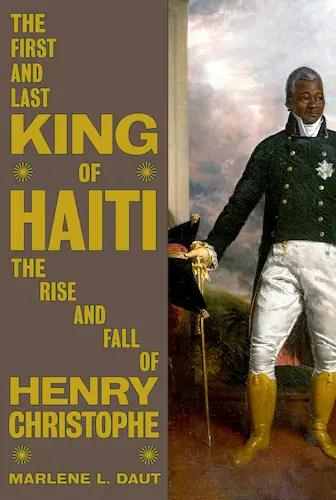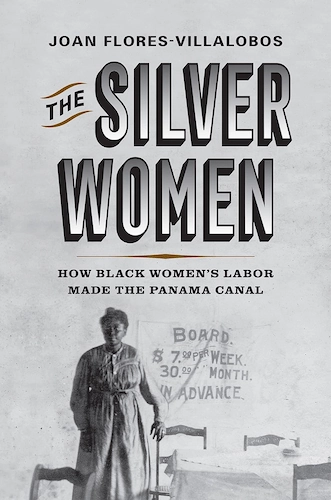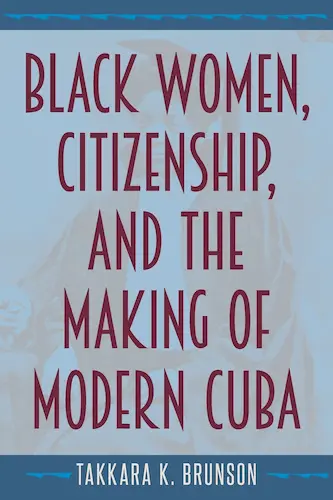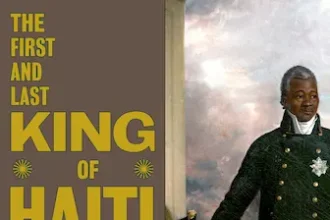The Psychology Behind Trade Attitudes
Winners and Losers: The Psychology of Foreign Trade, winner of the 2022 Merze Tate – Elinor Ostrom Outstanding Book Award, challenges dominant theories about how people form trade preferences. Diana C. Mutz argues that attitudes toward international trade are shaped more by social psychology than by personal economic experience. In doing so, she redefines how we understand mass support for globalization, nationalism, and economic policy in democratic societies.
The book dismantles the long-standing assumption that individuals support or oppose trade based on their own material well-being. Traditional economic models predict that low-skilled workers in developed countries will oppose free trade because they face competition from cheaper foreign labor, while high-skilled workers will favor it.
However, Mutz demonstrates that this logic does not hold in public opinion data. Instead, trade attitudes are largely shaped by group-based social identities.
Many Americans do not see themselves as economic actors in a global system; rather, they view trade through an ingroup-outgroup lens, where other countries are competitors rather than partners. This explains why trade opinions fluctuate dramatically in response to political rhetoric rather than economic indicators.
Trade as a National and Racial Identity Issue
One of the book’s most provocative findings is that opposition to trade is often rooted in racial and status anxiety rather than economic rationality. White Americans, in particular, are more likely to oppose free trade not because they have lost jobs due to globalization, but because they perceive trade as a zero-sum game in which the United States—and by extension, their racial ingroup—is losing. This aligns with broader research on racial resentment and political behavior, reinforcing the idea that trade is as much about national and racial identity as it is about economics.
Media coverage also plays a crucial role in shaping trade opinions. Mutz highlights how news outlets overemphasize the negative aspects of trade, particularly job losses, while rarely discussing the broader economic benefits. This selective framing fosters a public perception that trade primarily harms American workers, even when objective economic data suggests otherwise. Additionally, partisan dynamics further complicate the issue.
Historically, Republicans have been associated with pro-trade policies, while Democrats, influenced by labor unions, have leaned toward protectionism. However, under Trump, this dynamic reversed, with Republicans embracing trade skepticism as part of a broader nationalist agenda.
Empirical Evidence and Policy Implications
The book’s empirical rigor is one of its greatest strengths. Using large-scale survey experiments, Mutz systematically tests the psychological mechanisms underlying trade attitudes. She finds that Americans are more supportive of trade agreements with countries that they perceive as similar—culturally, politically, or economically—than those with nations seen as foreign or adversarial. This suggests that trade preferences are not simply about economic benefits but are deeply entangled with national identity, cultural affinity, and perceived group competition.
Beyond academic contributions, the book has significant implications for policymakers. If trade opposition is not driven by economic self-interest but by social and psychological factors, then efforts to shift public opinion through economic arguments—such as emphasizing lower consumer prices—are unlikely to succeed. Instead, fostering more positive perceptions of globalization and foreign countries may be a more effective strategy.
For scholars of political psychology, international relations, and public opinion, Winners and Losers is a landmark study. It challenges foundational economic theories and replaces them with a more nuanced understanding of how trade attitudes are formed. At a time when nationalist movements and trade wars are reshaping global politics, Mutz’s insights are essential for anyone seeking to understand the intersection of economics, identity, and political behavior. The book is available here.


